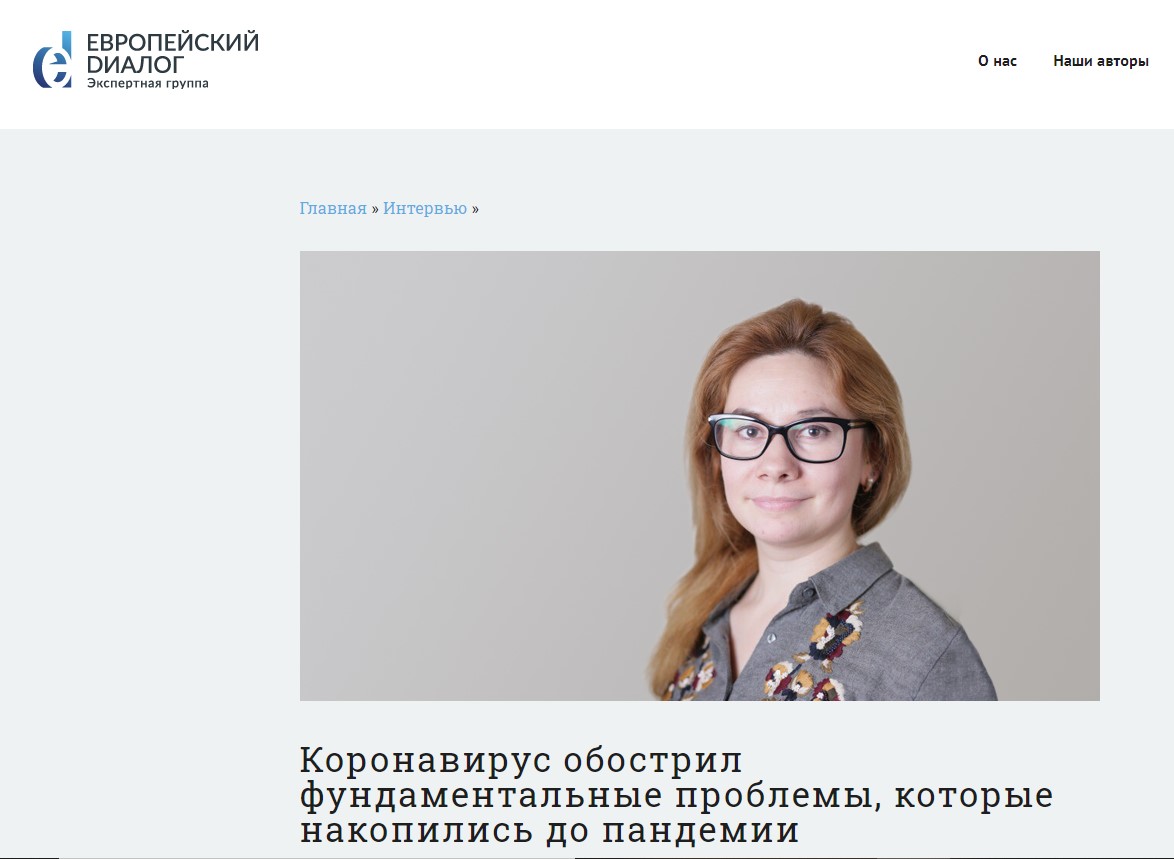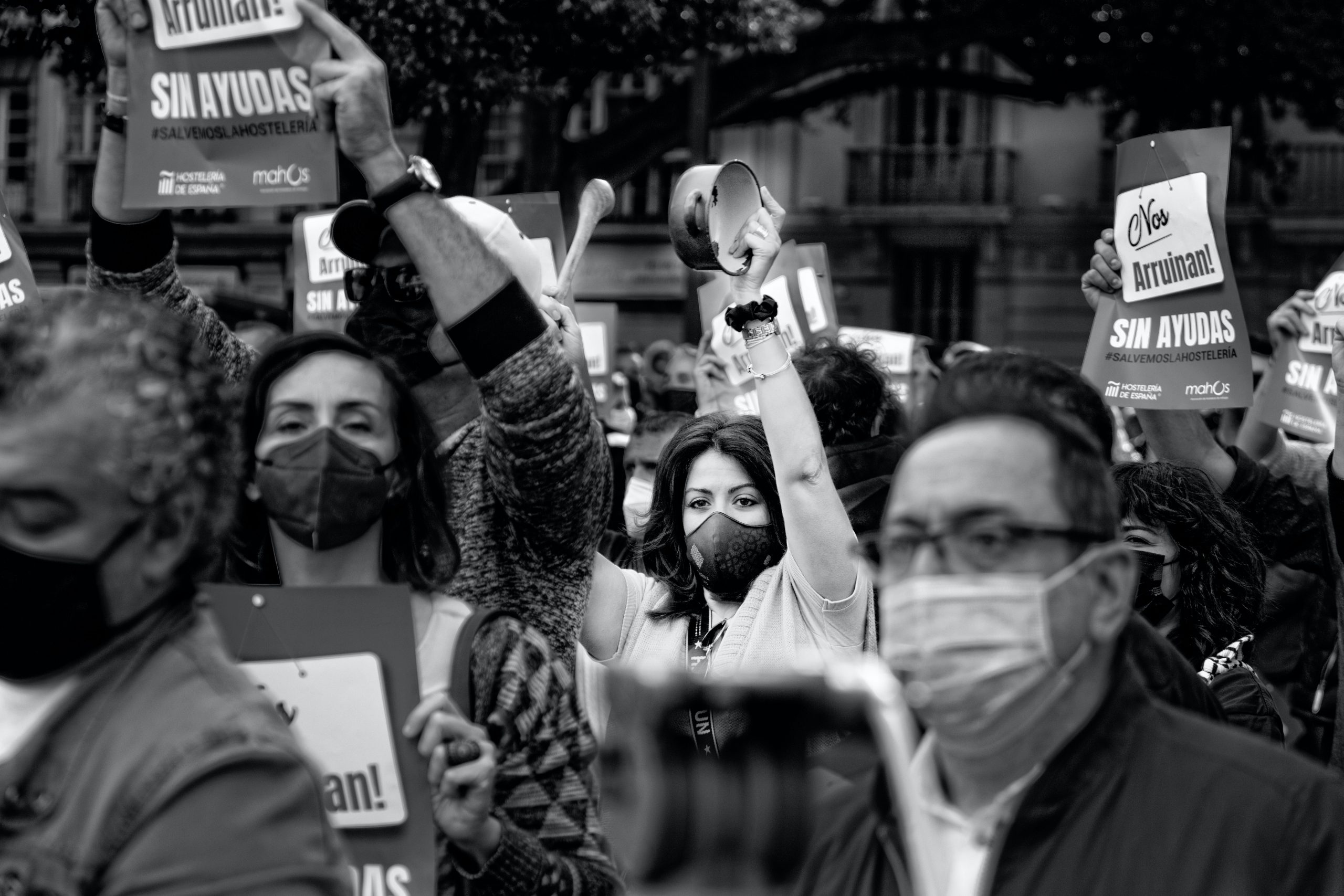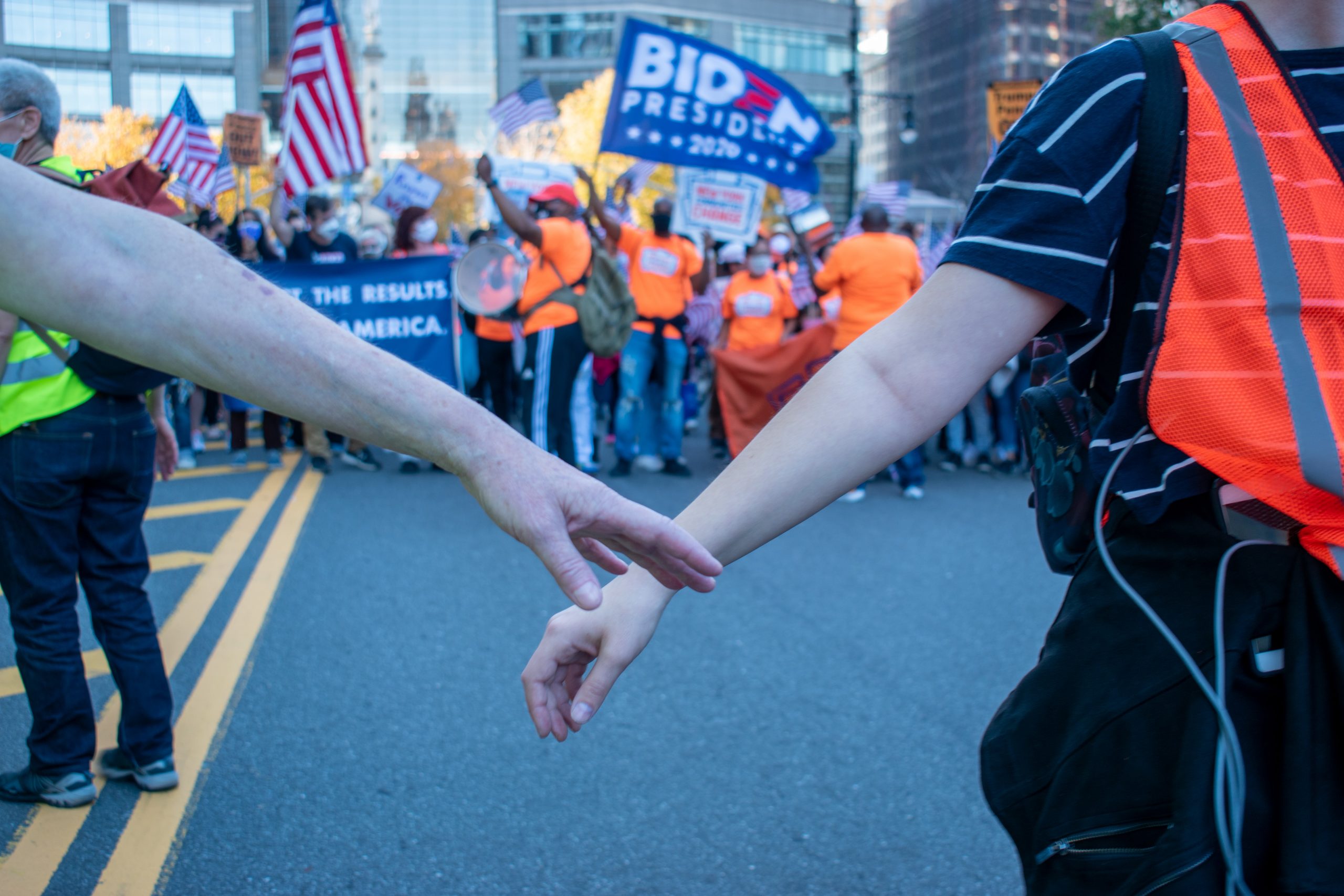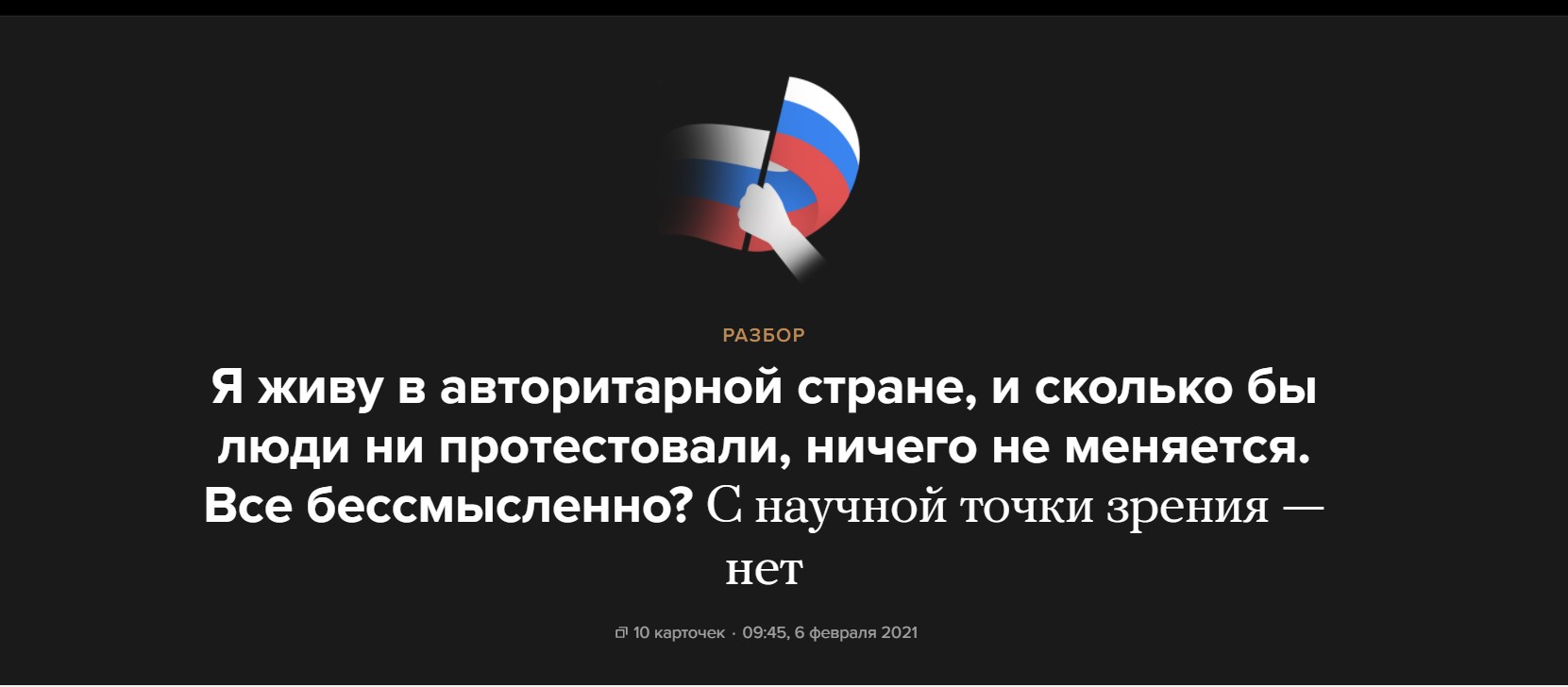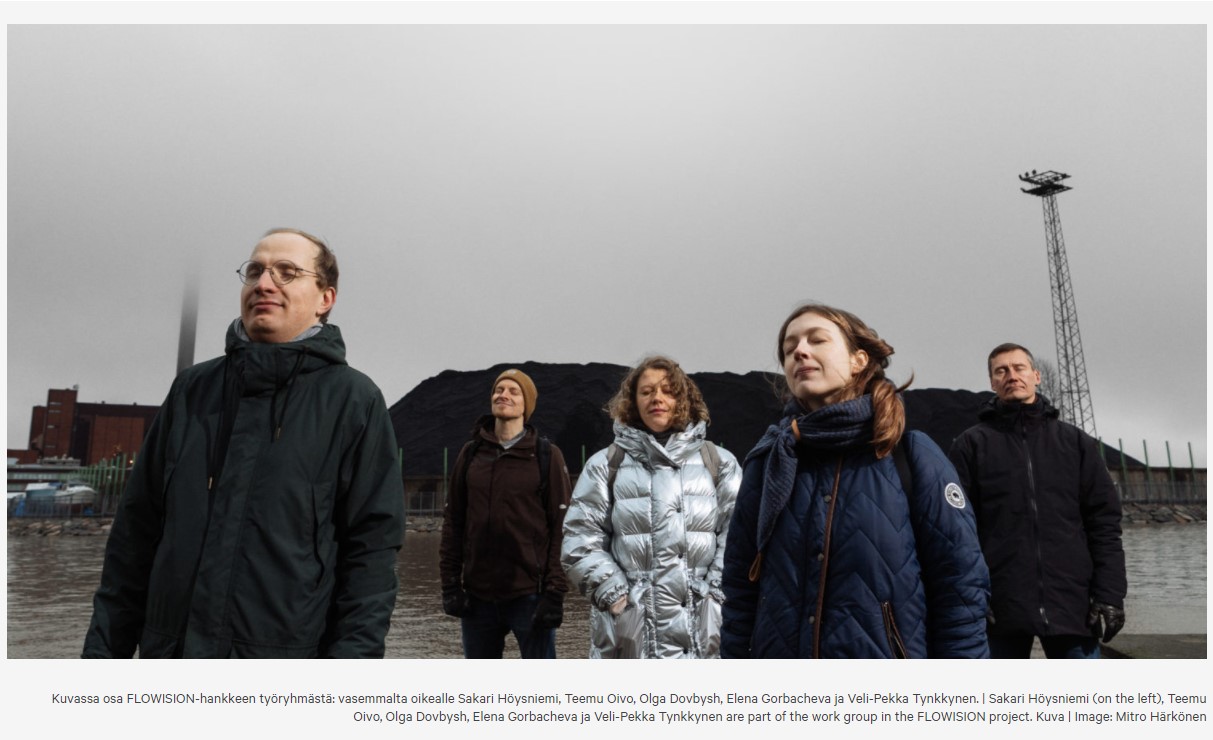Aleksanteri Institute organises a series of Aleksanteri Alumni Talks online seminars, where the previous visiting fellows present their research on Russia, Eurasia, and Central and Eastern Europe. Today’s talk was devoted to the upcoming book “Varieties of Russian Activism: State-Society Contestation in Everyday Life”, edited by Jeremy Morris, Andrei Semenov, and Regina Smyth.
In this presentation we reflect on a critical question in Russian politics that lies at the heart of our co-edited book project for Indiana University Press forthcoming in 2021: how do Russians act together to pursue shared goals through civic activism? This question demonstrates our break with existing studies in which Russian society is alternatively depicted as either passive—content with the strong leadership of President Putin—or nationalist and supportive of new Cold War policies. On the contrary, our contributing authors show Russians acting together to educate, inform, or engage fellow citizens, providing new insight into the continual change occurring in Russian politics and society. Common themes that link our studies are the accumulation of shared grievances, the role of identity and shared information, and the influence of opportunities, and resources. Considered together we highlight the dynamic nature of Russian society and civic organization as social forces gain experience and resources to make demands of governmental, economic, and cultural leaders.
Margarita Zavadskaya participated in the seminar as a discussant and highly praised both the editors and the authors for such a successful and bold project they undertook. In this collaborative effort of authors from different disciplines, who have different perspectives and use varying methods, as Margarita stressed, the researchers managed to debunk several myths about Russian civil society. The volume clearly shows that civil society in Russia is not dormant, it is constantly evolving and experiencing truly tectonic shifts, with which the state, alas, keeps up. And the activists and protests are not concentrated anymore just in Moscow, they are very much alive in Russian regions as well, and the last weeks’ Russia-wide protests in support of Navalny are a vivid example of it.

Margarita Zavadskaya strongly recommends everyone to read this book and we can’t wait to see it published.
